India's rice export ban has the world market bracing for similar actions from other countries to avoid a potential domestic shortage as sellers try to fill the 10 million tonne gap left by New Delhi, raising concerns about already high global food inflation.
India's latest restrictions are similar to those it imposed in 2007 and 2008, which caused a domino effect as many other countries were forced to restrict exports to protect domestic consumers, analysts said.
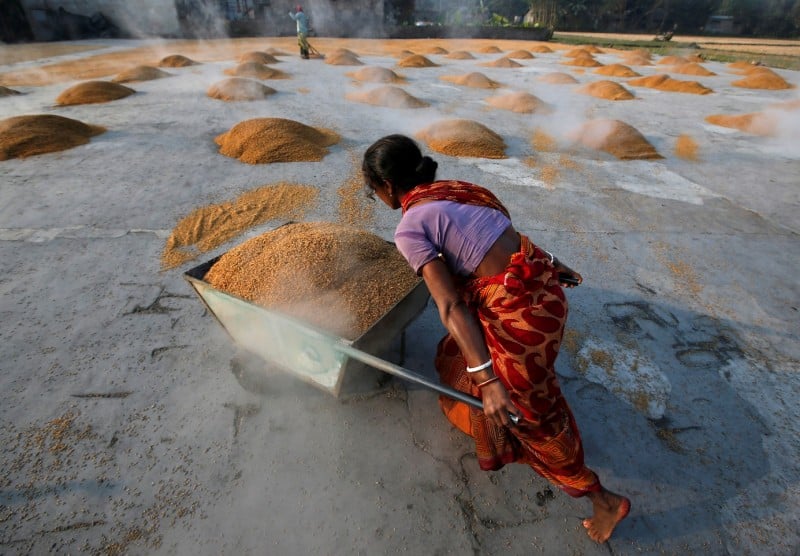 |
This time, the impact on supply and prices could be even more profound, as India now accounts for more than 40% of global rice trade compared to about 22% 15 years ago, putting pressure on rice-exporting countries like Thailand.
India is much more important to the rice trade now than it was in 2007 and 2008. India's ban then forced other exporters to implement similar restrictions.
Even now, they have little choice but to react to markets. The impact on prices of the world’s most consumed food has been swift, hitting a 15-year high after India surprised buyers last month by imposing a ban on the sale of widely consumed non-basmati white rice.
New Delhi has restricted supplies of lower-quality broken rice in 2022. Analysts and traders say the limited supply risks raising rice prices and global food inflation, hurting poor consumers in Asia and Africa. Food importers are grappling with tight supplies due to erratic weather and disruptions to shipping through the Black Sea.
Thailand, Vietnam and other exporting countries are ready to step up their game, all in a bid to bridge the gap created by India's shortage, said Nitin Gupta, senior vice president of Olam Agri India, one of the world's top rice exporters.
However, there remains a constraint on the expansion of export capacity, which could set the stage for price increases reminiscent of the remarkable price surge we saw in 2007-2008.
In 2008, rice prices hit a record high above $1,000 a tonne after India, Vietnam, Bangladesh, Egypt, Brazil and other small producers restricted exports.
This time, rice exporters will not be able to increase exports by more than 3 million tonnes a year as they try to meet domestic demand amid tight supplies. Thailand, Vietnam and Pakistan, the world’s second, third and fourth largest exporters respectively, said they were keen to boost sales as demand for their crops increased following India’s ban.
Both Thailand and Vietnam have stressed that they will ensure that domestic consumers are not harmed by increased exports.
The Rice Exporters Association of Pakistan (REAP) said the country, recovering from devastating floods last year, could export 4.5 million to 5.0 million tonnes from 3.6 million tonnes this year. However, the country is unlikely to allow unrestricted exports amid double-digit inflation.
Global prices have risen about 20% since India’s ban, with a further 15% increase likely to trigger restrictions by Thailand and Vietnam, according to traders at international trading firms.
The question is not whether they will restrict exports, but how much and when they will do so. Rice prices in Thailand and Vietnam have soared to 15-year highs as buyers rushed to buy shipments to offset the drop in Indian exports.
Rice is a staple food for more than 3 billion people and nearly 90% of the water-intensive crop is produced in Asia, where the onset of dry El Nino weather has threatened crops in major producing countries. After below-normal rainfall in June and July, Thailand has advised farmers to limit the area planted for a second rice crop.
In India, erratic monsoon rainfall has led to flooding in some northern rice-growing states, even as some eastern states lacked rain to start planting.
Good monsoon rains are needed for normal production, which would allow New Delhi to reverse the rice export ban, the All India Rice Exporters Association said. Only Indian supplies can restore balance in the global rice market.
It remains to be seen how long India’s restrictions remain in place, analysts at the International Grains Council (IGC) in London said. The longer the ban remains in place, the harder it will be for other exporters to make up for the shortfall.
Source link



![[Photo] Ha Giang: Many key projects under construction during the holiday season](https://vphoto.vietnam.vn/thumb/1200x675/vietnam/resource/IMAGE/2025/5/1/8b8d87a9bd9b4d279bf5c1f71c030dec)
![[Photo] "Lovely" moments on the 30/4 holiday](https://vphoto.vietnam.vn/thumb/1200x675/vietnam/resource/IMAGE/2025/5/1/26d5d698f36b498287397db9e2f9d16c)

![[Photo] Binh Thuan organizes many special festivals on the occasion of April 30 and May 1](https://vphoto.vietnam.vn/thumb/1200x675/vietnam/resource/IMAGE/2025/5/1/5180af1d979642468ef6a3a9755d8d51)



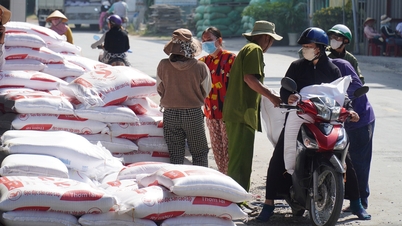


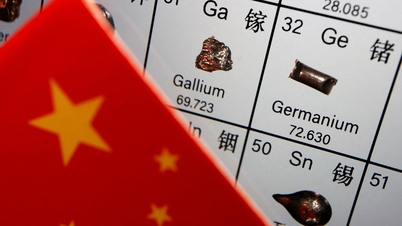




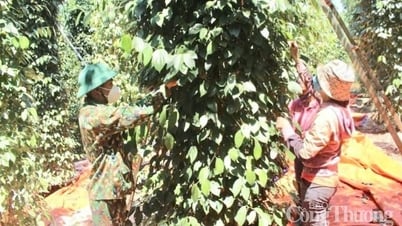

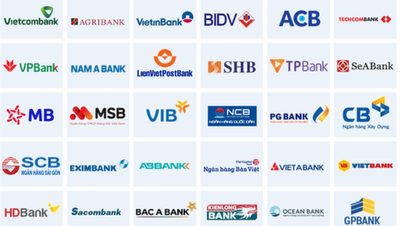

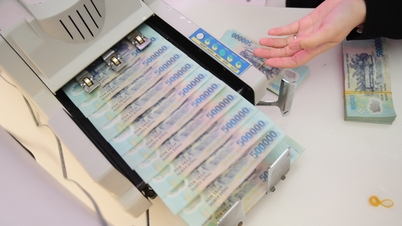








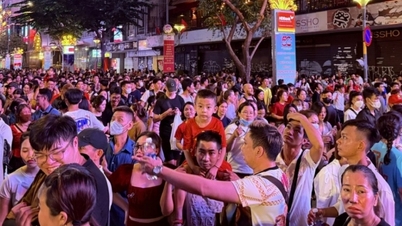












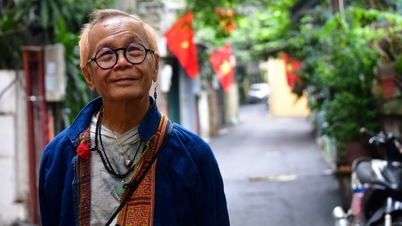





















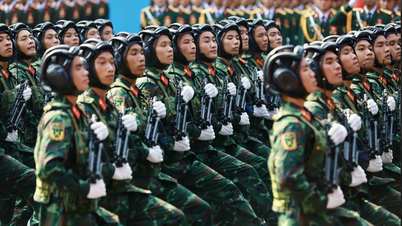


















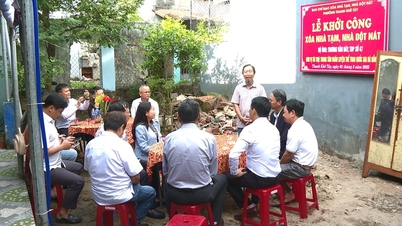


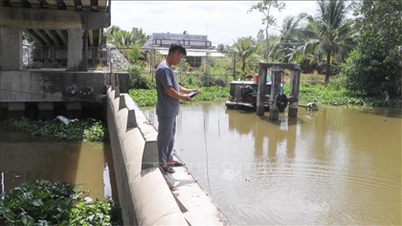











Comment (0)